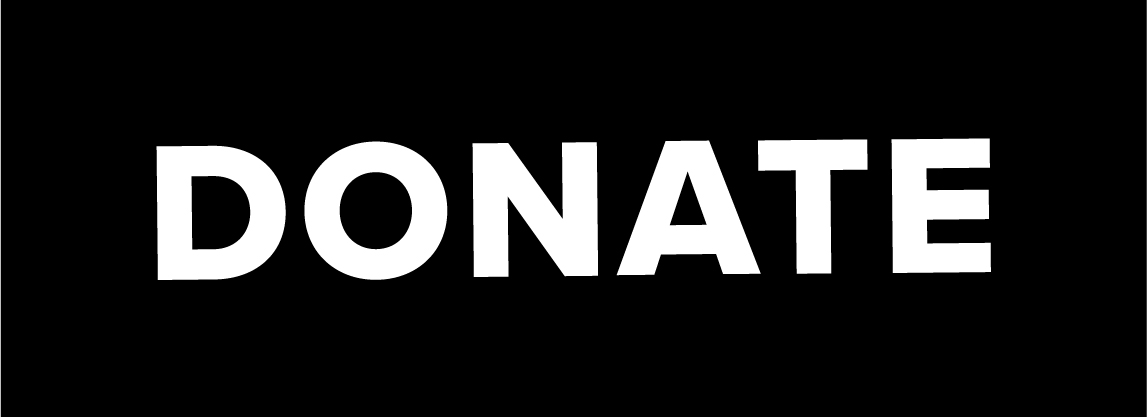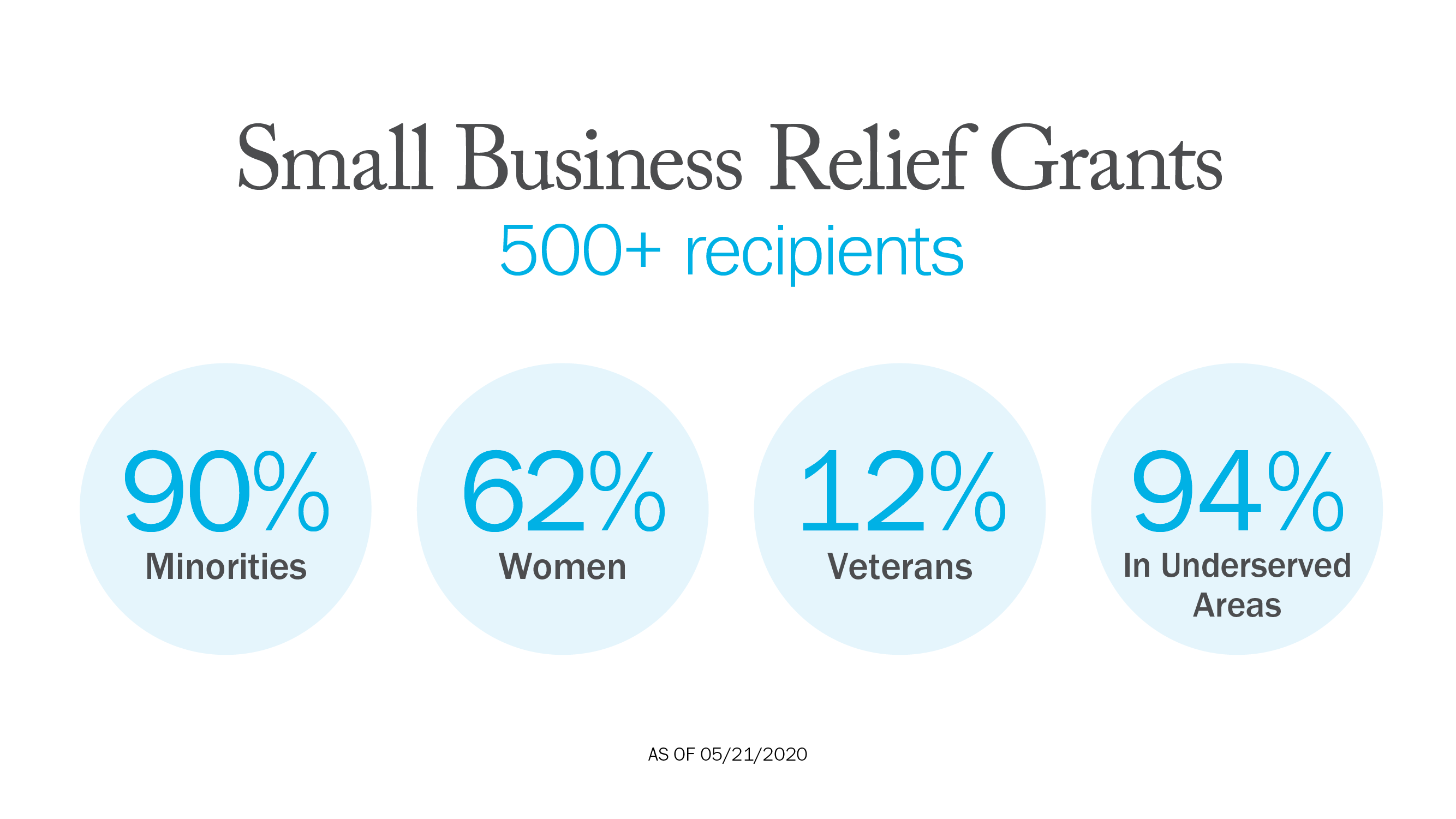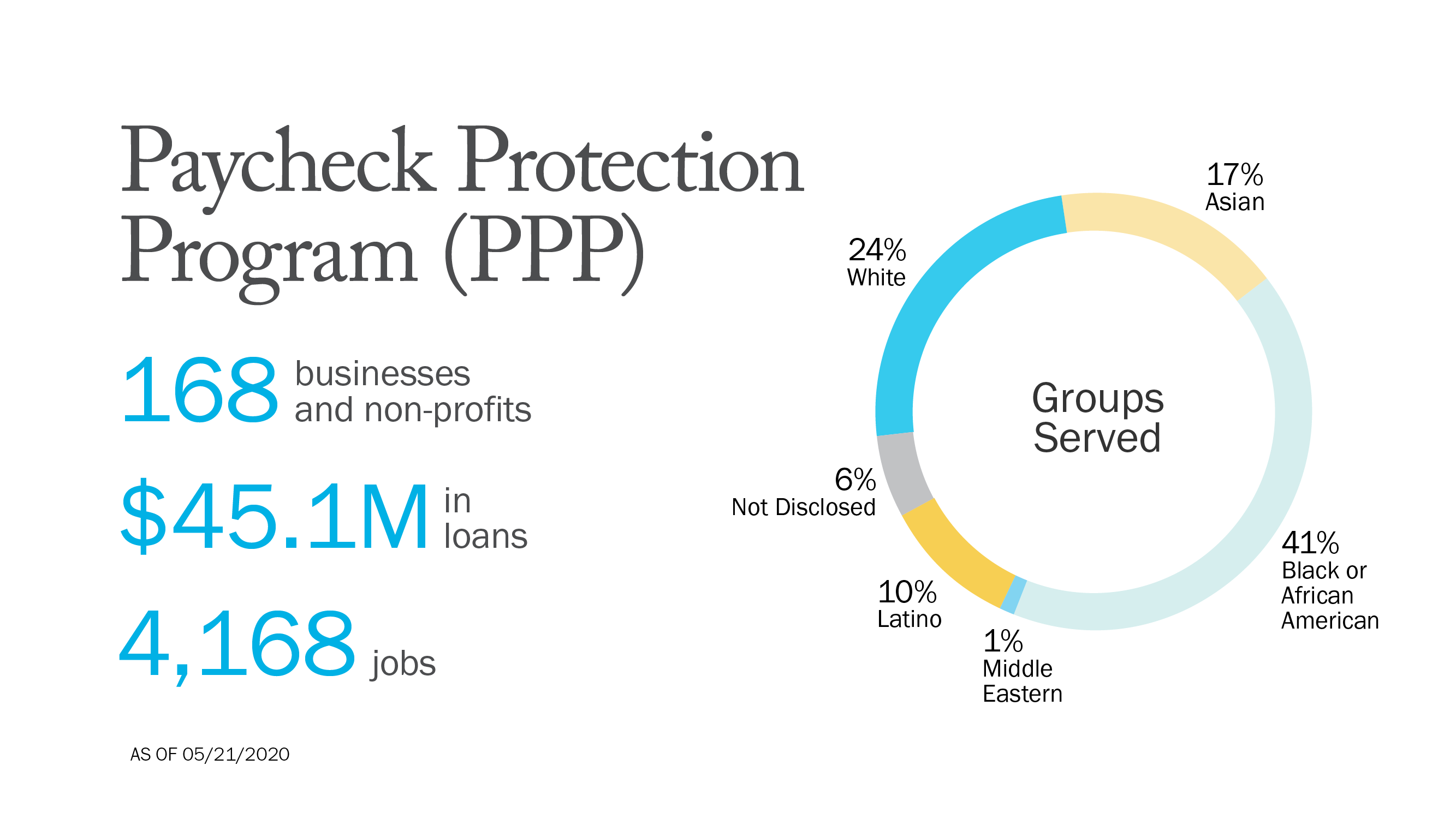In his latest video message, LISC CEO Maurice A. Jones reflects on the disproportionate health and economic impact of the Covid-19 pandemic on underinvested communities and communities of color, and calls for a 21st-century Marshall Plan—intensive and broad investment that will both help people and enterprises recover, and redress the inequities that set the stage for the fallout of the current crisis.
|  |
Transcript:
Hi, it's Maurice Jones. I'm the president and CEO of LISC. And from all of us at LISC, we want to send our thoughts and our prayers to everybody in the country, indeed to the entire world, as we all deal with this pandemic and this economic recession.
A few years back, I worked in Richmond, Virginia, and I could drive five miles to the east of my workplace, which was the Capitol complex. And I would be in a zip code where the average life expectancy was somewhere around 63 years of age, where the unemployment rate was in the teens, where the poverty rate was 20% or higher, and where the population was overwhelmingly people of color. I could drive five miles to the west of the state complex, and I would be in a zip code where the average life expectancy was somewhere around 83 years of age, where the unemployment rate at that time was lower than the national average, and where there was practically no poverty. Same city, 10 minutes apart, but really two different places.
You can replicate that “two different places” scenario in almost every city in America. And what we're seeing now is the impact of a pandemic and an economic recession on those two places and how the impacts are very different and how the actual baselines really matter. We at LISC work in those places that are the hardest hit. And what we're seeing is what those different baselines mean when a pandemic and when a recession hit.
Let's look at some data. If you look at what's happening now in Michigan, where 14% of the population is African American, but 40% of the deaths from the Coronavirus are African American and 35% of the infection cases are African American. If you look at what happened in March across the country, 40% of people in households earning $40,000 or less lost their jobs in March.
What's the message for us here? We have to get serious about making significant investments in those places that are the hardest hit places across our country. We need a resiliency plan—just like Europe after World War II we had a Marshall plan for a Europe that had been practically devastated because of the war. We will need a huge resiliency plan for the places in this country that were already in tough shape before this pandemic and recession, and now are in even worse shape.
That Marshall plan for these places, that resiliency plan, should focus on four things:
- Investments to make the people stronger
- Investments to make these places come alive with more assets
- Investments in the organizations in these places, small businesses, not for profits, businesses run by women, people of color
- And finally investments in making the systems, public and private government and business, systems work better for people of color, for people who are unemployed or underemployed in these places.
This is what LISC is working on. This is why we focus in our PPP program on businesses and nonprofits that are run and managed by people of color and women. And we would like to issue an invitation to government, to philanthropy, to business, to all who want to see the most competitive America, to join us in a resiliency plan for the toughest places in America.


Right now, your zip code is the best determinant of your life expectancy, of your economic wellbeing, of your employment, status, of your educational status. We have to address that challenge by committing to a resiliency plan for all of these zip codes that are in the toughest places in America. We look forward to working with you on this.